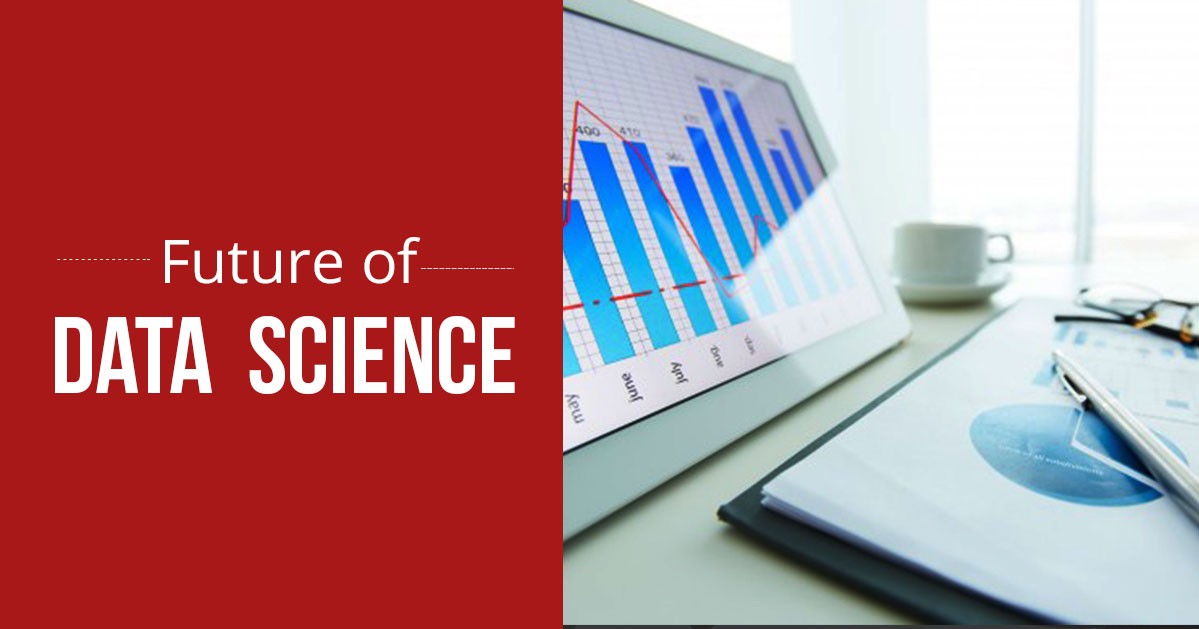8 Best Uses of Data Science in Marketing in 2025

Strong 8k brings an ultra-HD IPTV experience to your living room and your pocket.
The global platform size of the data science industry is constantly increasing as organizations seek ways to get value from large datasets they can access. Since the business environment is becoming more digitized, the data is becoming less structured, and customizing marketing strategies is getting more complex. BI (business intelligence) tools no longer prove efficient in processing the variety and volume of data.
Successful businesses require implementing data science into their marketing strategies for informed and data-driven decision-making. 72% of marketers confirm that data analysis and interpretation are the key skills for the success of their organization (Forbes report).
Let’s explore some of the best uses of data science in marketing in 2025 to understand its true potential.
1. Channel Optimization
Data science in marketing helps determine the most effective marketing channels like email, social media, display advertising, search engines, etc. for reaching and interacting with potential customers. Advanced analytic tools and machine learning (ML) algorithms help analyze online interactions of prospects within these channels and discover missed opportunities highly demanding among customers.
2. Customer Segmentation
ML algorithms are designed to segment customers with identical qualities and group them together by leveraging cluster analysis methods. This allows marketers to reach out to different groups of customers who often go unnoticed by them by identifying similarities. Using customer segmentation models, they can create targeted and customized marketing campaigns that align perfectly with certain customer groups.
3. Lead Targeting and Lead Scoring
Data science, ML systems, and other advanced analytic tools make customer analytics seamless and help reach the right customers at the right time. Data scientists can develop predictive models and perform extensive statistical analysis of gathered marketing data and insights from data libraries. This allows them to discover crucial factors such as the behavior of similar consumers in the past, traits of the customer segment they fall into, etc. These factors help in scoring the potential value of each lead and target customers with improved accuracy.
4. Market Basket Analysis
Retail stores and restaurant owners often use market basket analysis to find products frequently purchased together. The insights from this analysis can be used to optimize product offerings, market price strategies, and promotional campaigns. Frequently purchased products can be placed next to each other on menus or shelves to provide easier and faster accessibility to the customers.
5. Churn Prediction
Customer churn prediction is the most effective strategy to retain customers. Using this strategy, organizations that adopt data science in marketing can understand how likely an individual is to stop visiting their websites and using their products/services before he/she realizes it. Data scientists use predictive modeling to find target customers with a lower churn rate or consumers leaving the brand.
6. Customer Loyalty
Retaining customers and maintaining their loyalty is important to develop stronger relationships with them and reduce the churn rate. Data science and ML models can enable marketers to determine the next best offer for each consumer, how a customer reacts in a certain situation, and what is the reason why a customer is not returning.
Data-driven organizations have 23x more chances to gather customers and 6x more chances to retain consumers than non-data-driven companies (McKinsey & Company). Organizations can ensure improved loyalty by addressing the pain points of their customers and improving their satisfaction rate.
7. Recommendation Engine
35% of purchases on Amazon come from product recommendations (Forbes). Recommendation engines are important aspects of a successful predictive analytics system and use ML algorithms to suggest a highly relevant product to a specific customer. This data filtering tool works by finding patterns in customer behavior data regardless of the product type. Recommendation engines are of 2 types – collaborative filtering and content-based filtering.
A recommendation engine using content-based filtering suggests identical products. A recommendation engine using collaborative filtering recommends items based on the purchase traits of customers. Successful businesses often use a combination of both recommendation engines.
8. Sentiment Analysis
Sentiment analysis is the process of analyzing the emotions or sentiments of clients, conveyed in different forms of data like blog comments, phone conversations, online customer reviews, email correspondence, and social media posts. ML algorithms automate this process, improving the speed and precision. Sentiment analysis enables organizations to identify products or services that receive the desired reactions from targeted customers and determine the areas of improvement in customer service.
Conclusion
Data science handles big data and provides quick and informed answers to open-ended questions like what and how events happen. This assists marketers with a detailed understanding of their customers, improves work efficiency, boosts automation, identifies hidden patterns in customers’ behavior, enhances decision-making, and optimizes marketing strategies for maximum impact.
Marketing analysts, data scientists, digital marketing specialists, and strategic marketing analysts are some professionals who require using data science for digital marketing analytics and strategic development. You can find top-rated certification courses to discover more about data science in marketing, allowing you to get a well-paid job or make informed organizational decisions.
Note: IndiBlogHub features both user-submitted and editorial content. We do not verify third-party contributions. Read our Disclaimer and Privacy Policyfor details.







